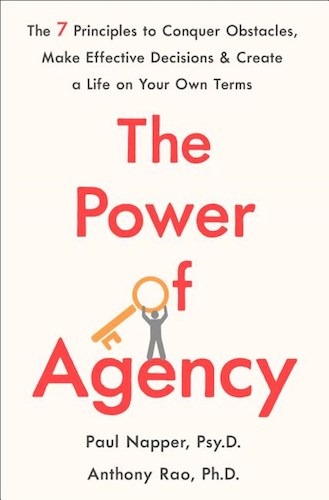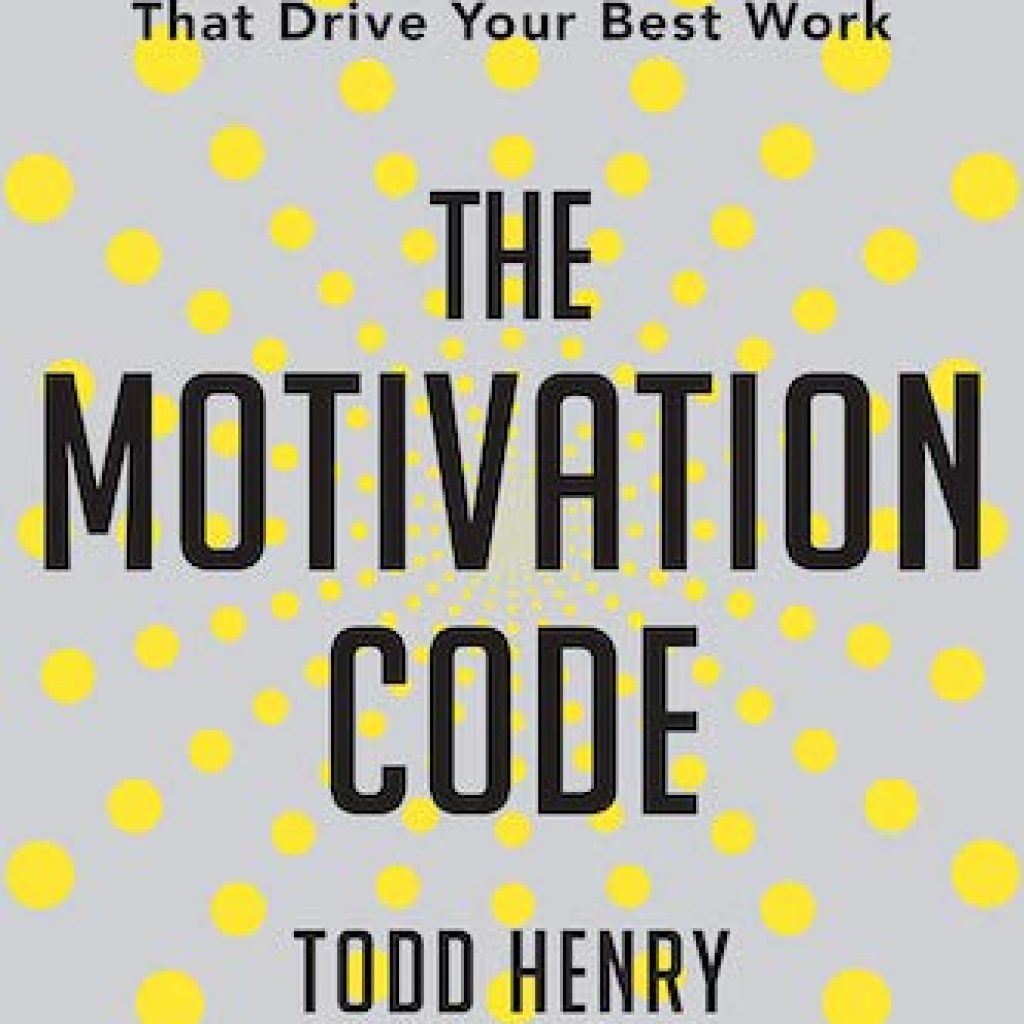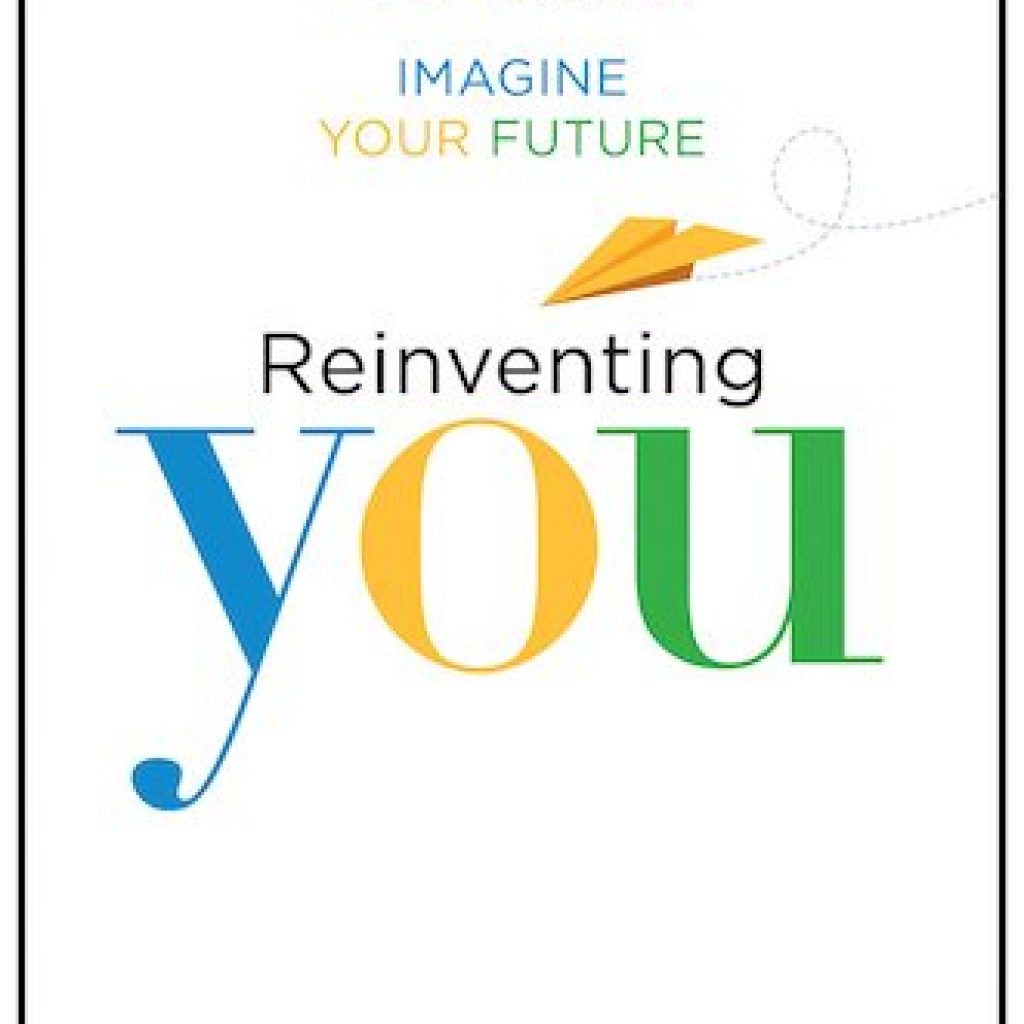3 Books to Assume Leadership and Agency in Your Life

In times of crisis, it’s easy to play the blame game. Overwhelmed by uncertainty, we can fall prey to a helpless mindset that can quickly turn to anger and accusations – even if we never express those feelings to others. Blaming others or our circumstances is an attempt to regain control of our lives. Even blaming ourselves offers some comfort because we are, in a way, telling ourselves and the world that we know where we went wrong and are capable of whatever it is that we failed to achieve.
While the blame game might restore some superficial sense of control, it often creates more problems than it solves. Telling yourself that someone or something else is the cause of your misfortune often disempowers you further because – as this “Great Pause of 2020” has made abundantly clear – you control very little outside of your own actions. Blaming yourself, on the other hand, leads to a kind of self-labeling that leaves you feeling powerless to change your circumstances.
Though it may feel uncomfortable at first, one method to working with your uncertainty lies in assuming more agency and leadership in your life. In a chaotic world that makes learned helplessness an easy default choice, taking this kind of radical responsibility can be a creative, deliberate choice to show up for this one life every day.
But how does one assume agency?
Here are 3 new books that offer avenues for you to reclaim agency, autonomy, and leadership in your life, your work, and brand identity.

By Paul Napper and Anthony Rao. Published by St. Martin’s Press.
In their newest book, executive coach Paul Napper and cognitive behavioral therapist Anthony Rao describe assuming agency as taking active command of your life. It means reflecting on options, responding effectively to situations, and making intentional choices to influence your present and future.
This decision can be daunting because it entails taking radical responsibility for all aspects of your life. But as the authors point out, you don’t have to have everything figured out in order to assume agency. In fact, the truth is quite the opposite. Assuming agency allows you to work through the challenges you face and develop a deeper understanding of yourself, your strengths, and your areas for improvement.
Napper and Rao go on to define 7 areas in your life where you can build autonomy and better yet, they provide simple, effective practices to help you do so. The idea is that people naturally assert more agency in some areas than others. For example, some people are better at controlling the distracting or distressing stimuli in their environments while others are more self-aware and as such are better able to identify strong emotions and beliefs that might misguide them.
Interestingly enough, two skills that the authors describe as essential to developing agency involve questioning one’s own assumptions and expertise – which complements the kind of training and consulting we do at Tracking Wonder. As they said in an email interview:
“Leaders, especially when under stress, often miss the opportunity to fully position themselves as learners in their interactions with others – despite the enormous benefits that come from doing so…When making an important decision, a common blindside for leaders is not taking the time to check assumptions more rigorously. Simply asking the questions: ‘What if we are wrong?’ or ‘What might we be missing?’ is often enough.”

By Todd Henry with Rod Penner, Todd W Hall, & Joshua Miller. Published by Portfolio.
We tend to think that some people are inherently more ambitious than others, but as Todd Henry reveals in his latest book, motivation comes in many different forms. Some people might be motivated by fame or recognition, while others feel most inspired when working on a team. Some feel compelled to “make things right” in the world, while still others are driven by the desire to overcome the obstacles in their path.
Henry and his co-authors propose that finding what uniquely motivates you is the key to living a more engaging and fulfilling life. As Henry said in a recent email interview, “We think that a lack of motivation means that we’re doing the wrong tasks. The reality is, we bring our motivation to the tasks, not the other way around. Once we learn what truly drives us, it changes how we bring ourselves to the work each day.”
Understanding our core motivation can also help us recognize how our attempts to tap into that drive may be causing challenges in our life through relational conflict, emotional struggles, or procrastination. With this clarity, we can define a path for effective action.
To start you on the path of taking leadership in your life amidst these strange times, Henry advises, “Start small. Organize your space. Own your calendar. Have one intentional conversation with each important person in your life each day. Small victories build big momentum, and eventually they begin to snowball into big wins.”

By Dorie Clark. Published by Harvard Business Review Press.
Though not as current as the other two books mentioned, the content of Reinventing You is more timely than ever.
In the past year, our careers, our carefully laid plans, and our ways of life have all been turned upside down. Once we accepted that this post-pandemic world would be the “new normal,” many businesses and brands realized they would need to adapt to survive.
But how do you reinvent your business, your brand, yourself without losing sight of your goals and your values?
In this book, marketing consultant and bestselling author Dorie Clark offers a step-by-step guide to help you assess your strengths, define your unique personal brand, and share your unique skills and insights with the world in a way that gains you the recognition you deserve.
The act of rebranding is an act of assuming agency over how other people experience you and the value they perceive you offer. One tip Clark offered in a recent email exchange is to own the narrative of your reinvention journey. Why are you making this transition to a new field, and why are you qualified to do so? Clark notes that answers to those questions, “are often *not* obvious to outside observers, so it’s important for you to control the narrative and ensure you’re clearly conveying your motivations in making the change, and the special skills you’re bringing to bear in your new realm.”
You can begin assuming agency of your brand experience almost immediately, but be patient. Clark also noted via email, “It often takes longer than we might want to fully rebrand ourselves in the minds of others, so start now! Social media is a great, low key way to remind others about your professional change and what you’re doing now, so start sharing articles and content related to your new field or area of interest. That will speed up the reinvention process, because they’ll be more likely to remember what you’re up to, enabling them to point you toward resources and potential clients.”
Listen, assuming agency might sound like a lot of work. It can be. But it turns out that spiraling in despair, feeling paralyzed, making up self-defeating stories, and assuming you have no support can be exponentially more exhausting.
When you take agency to create spaciousness in your life, you allow for the reflection necessary to live and work with integrity, and hopefully, with a little more ease.